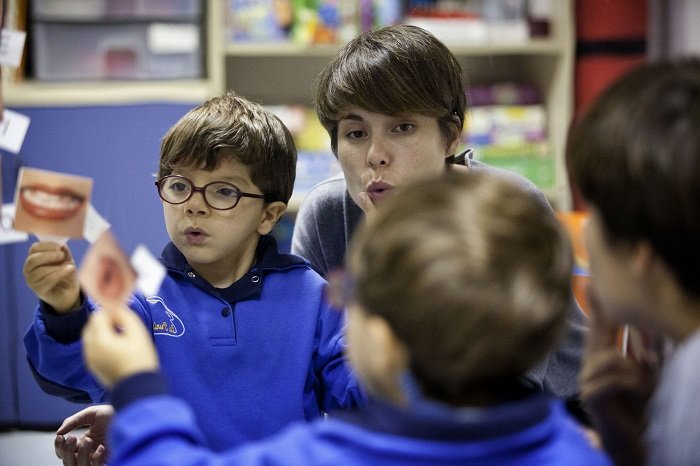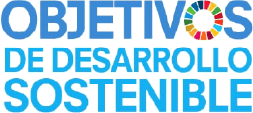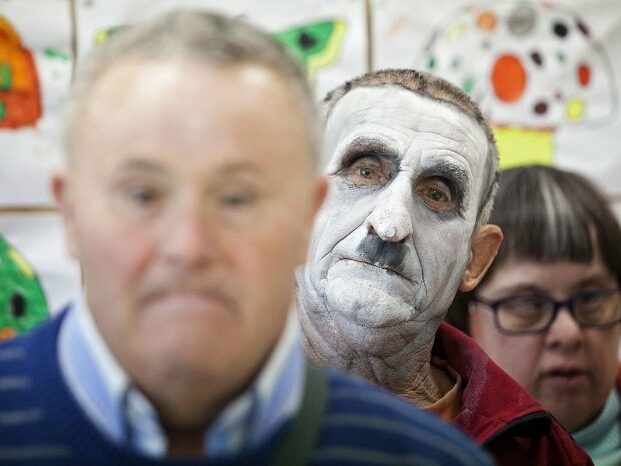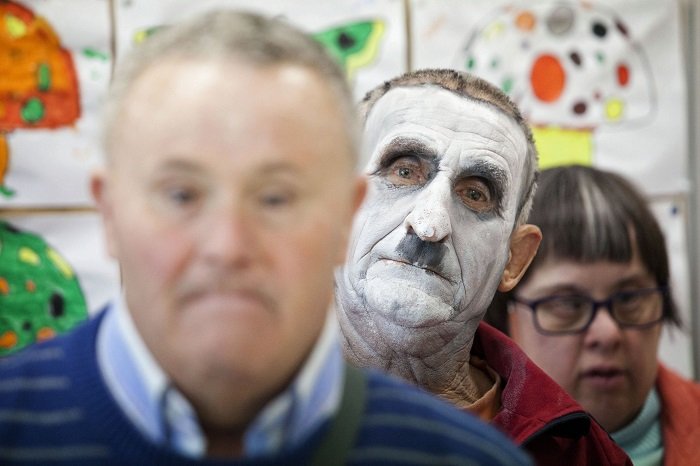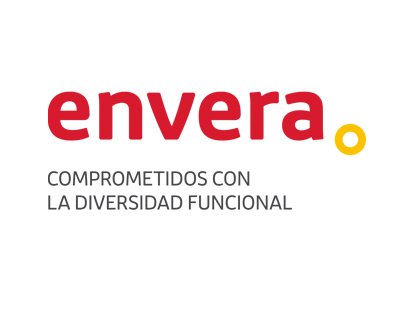- In Spain there are more than 4 million people with disabilities, full citizens.
- Envera reminds people with disabilities of the importance of using the appropriate terminology to address them.
- CERMI focuses the celebration on the political participation of people with disabilities.
Madrid | May 03, 2023
This Wednesday, May 3, Spain commemorates the Day of the International Convention on the Rights of Persons with Disabilities, the Magna Carta that is based on the Universal Declaration of Human Rights and aims to "promote, protect and ensure the full and equal enjoyment of all rights and fundamental freedoms by all persons with disabilities".
From Envera, a nonprofit organization that has more than 45 years of social work so that people with intellectual disabilities can occupy their place in the world with dignity, remember that to commemorate and recognize the importance of this international normative instrument, it is necessary first to point out the importance for people with disabilities to use the appropriate terminology to address them. For if there is anything more necessary than calling a spade a spade, it is to call people by their own name.
And what is the correct expression to refer to people with some kind of physical, intellectual, organic or sensory disability? The Committee of Entities Representing Persons with Disabilities (CERMI) defends the use of 'person with disability' as the correct term to the detriment of other inadequate, paternalistic or euphemistic terms that are often used. A denomination that is exactly the same as that established by the International Convention being celebrated today, approved by the UN General Assembly on December 13, 2006, ratified by Spain a year later, and which entered into force on May 3, 2008, becoming part of our legal system. The principles and rights recognized therein represent a paradigm shift in the consideration of a group of 4.38 million people in our country, who are treated as holders of rights, which the State is obliged to guarantee so that they can be fully and effectively exercised.
Thus, the use of terms such as disabled, handicapped, functional diversity or different abilities should be avoided, euphemistic expressions that only contribute to confusion by trying to cushion or hide the disability, as can be seen in the following study The Spanish Legal System and Persons with Disabilities: Between Self-Determination and Paternalismcarried out by the Clínica Jurídica per la Justícia Social of the Universitat de València, which insists that the appropriate expression is 'person with disability' as opposed to other terms that "invisibilize" these people.
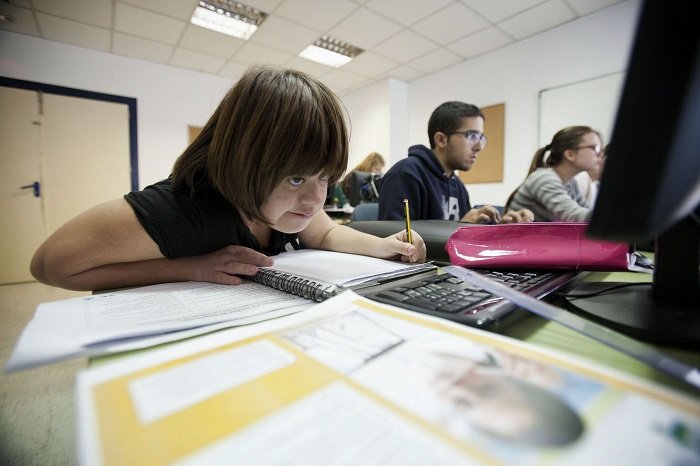
For its part, CERMI wanted to focus the celebration of this day on the political participation of all people with disabilities, noting that it is a propitious time to strengthen the active presence of people with disabilities in public affairs, since our country will live in May an election day and the Spanish presidency in the European Union this semester. To this end, it has published the manifesto Public affairs are also ours: the right to political participation of people with disabilities..
Since its founding in 1977 within the Iberia company, Envera has been accompanying people with disabilities, especially intellectual disabilities, on their life's journey, so that, as the Convention itself states, "respect for their inherent dignity" is guaranteed.
Today Envera is an organization open to the whole of society that serves 4,800 people with intellectual disabilities and their families every year, provides stable employment to more than 850 professionals with disabilities and whose work has an impact on 11 of the Sustainable Development Goals (SDGs) of the UN Agenda 2030, thanks to the collaboration of more than 500 companies and entities that collaborate with its social work and with the creation of innovative projects such as its Solidarity Recycling Center, Envera Punto de Inclusión or Radio Terrícola.
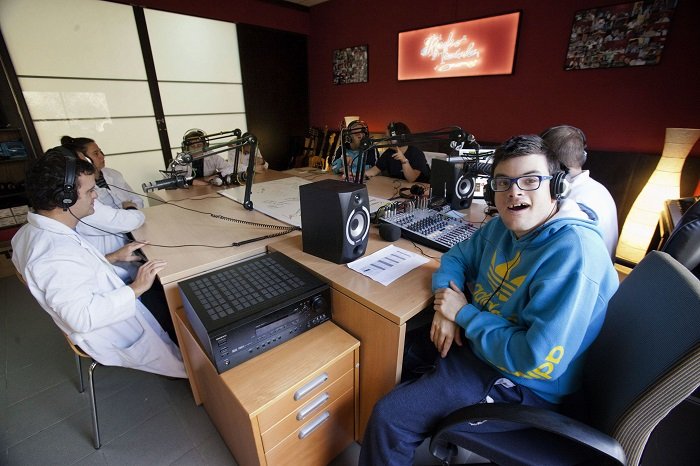
To this end, Envera offers people with disabilities and their families early care and neurodevelopmental services for children and adolescents, secondary and vocational training, job placement and employment, occupational and day centers, supervised apartments, residences and a guardianship foundation that answers the big question of families: "what will become of our child with disabilities when we are gone".
In this accompaniment of people with intellectual disabilities, Envera considers fundamental their full recognition and the development of policies that guarantee equal opportunities in all areas of their social and private life.
